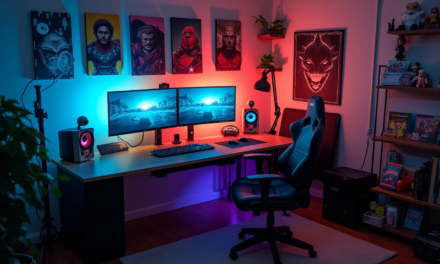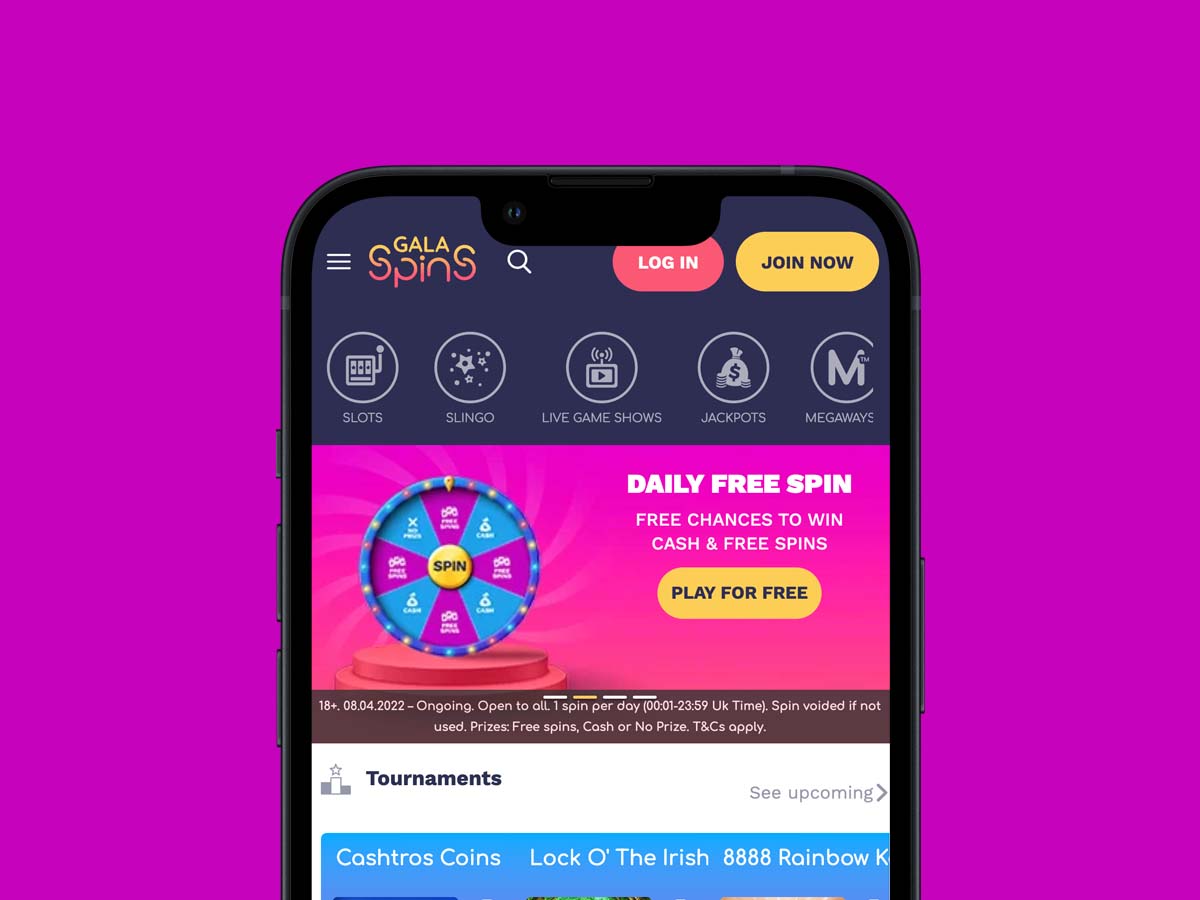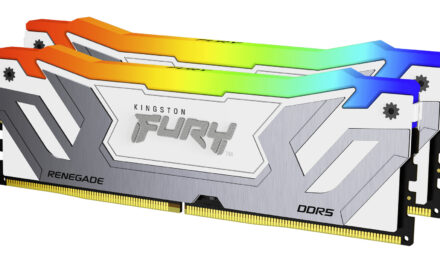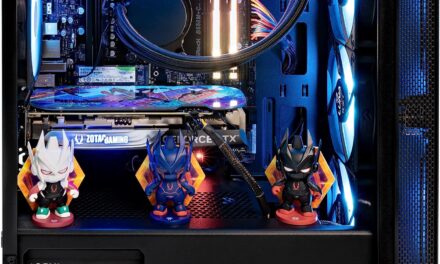
More Online Casinos Are Finally Adopting a Mobile-First Approach
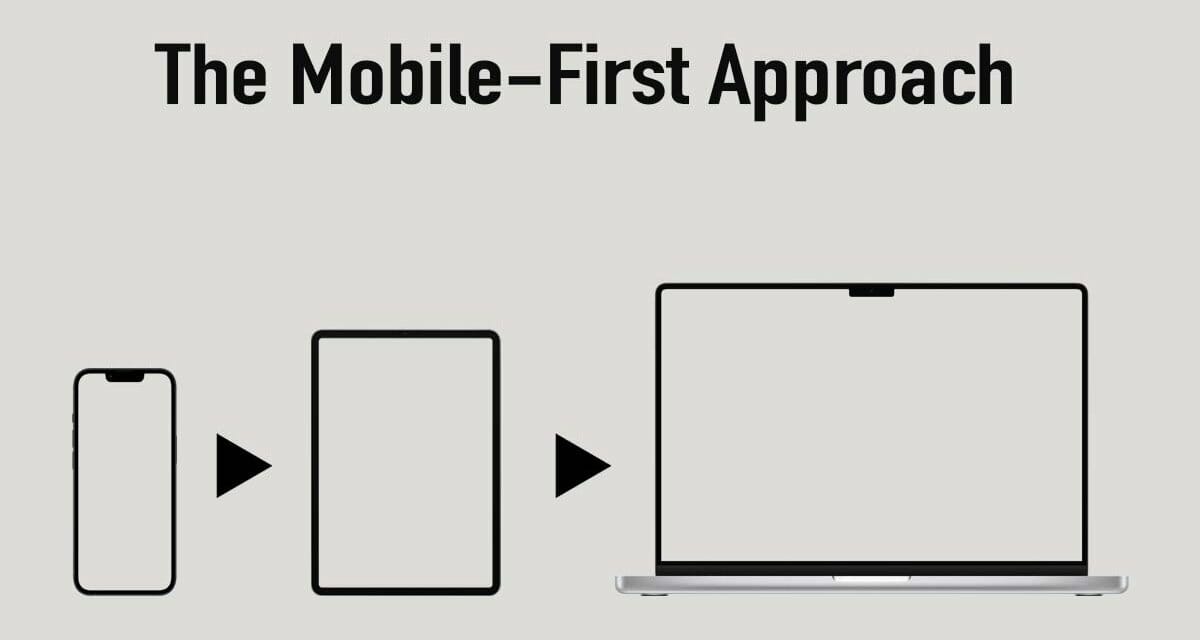
Customers of online casinos don’t have it easy from a technology perspective. Gambling operators are notoriously late in adopting new technological innovations and adding new features.
OAuth 2.0, i.e., Login With Google, and magic links, has somewhat revolutionised the website sign-in process. Yet, at online casinos, you still need to come up with a username and password each time when creating an account.
The list of technological shortcomings is long, but there is hope that one, a mobile-optimised gambling experience, is no longer among them.
The Concept of White-Label Casinos and Sister Sites
For years, online casinos were thought of as a desktop-only experience. The operator’s websites didn’t adjust to mobile screens, and games often wouldn’t load on smartphones or tablets, which caused mobile-first customers to avoid online gambling platforms. In recent years, and thanks to white-labelling and technology-sharing, things started to change considerably.
Operators of online casinos used to develop everything from scratch. Design, backend, user account handling, the integration of games – each portal had its code base, which was difficult to maintain, prone to bugs, and hard to innovate.
A few years ago, operators began rethinking their strategy and came up with the idea of sister sites. What if you could launch a gambling site by applying a new design while keeping the backend the same? A new concept was born.
Since then, many gambling firms have followed this strategy when creating and launching their brands. For example, Gala Casino is a sister site of Gala Spins, and while both websites look different at first glance, you can tell when closely looking at them.
White-label platforms work similarly to sister sites, where firms rent a fully-flexed online gambling solution for a monthly fee and only apply their custom design on top. Everything else, e.g., processing payments, offering games, and providing customer support, works out of the box.
Mobile-First Adoption Through One Code Base
You might wonder how all this contributes to a faster mobile adoption rate among online casinos, and it’s easily explained.
As mentioned before, each gambling website used to have its own code base back in the day. Imagine a gambling operator wanting to add mobile responsiveness to all their brands; it would take weeks, if not months, to adjust the code, run unit tests, and deploy it to production.
With the concept of a shared code base, whether it’s through white-labelling or sister sites, operators can add innovation to all their brands by touching only one set of backend code. It significantly speeds up the development process, reduces the margin of error, and is easier to maintain in the future.
Game Developers as a Driving Factor
Of course, gambling firms couldn’t do this without the help of their closest partners, namely casino software providers, and payment processors.
Like a puzzle, an online casino consists of many pieces, not all of which are manufactured by the operator. Games, for example, are provided by leading software firms that online casinos sign (exclusive) partnerships with. These companies, such as Big Time Gaming or Play N’ Go, launch new titles each month and luckily started to focus on using modern technologies (HTML5 and JavaScript) for their game development early on.
If you wonder why game developers started to push for mobile adoption even before online casinos, you might be surprised to hear that they not only sell their games for a fixed fee but often sign revenue share agreements. What does this mean exactly?
Other than most video game developers, casino software providers don’t sell their games the traditional way. Rather than charging a one-time fee, they often agree to provide games to online casinos for free and earn a percentage of the game’s revenue. So if an online slot produces a £1,000 profit on any given day through the casino’s three-percent house edge, the software provider gets a prior agreed cut from that income, e.g., five percent or £50.
This model is much more lucrative for gambling software firms, especially when developing popular games with a large player base. For that reason, these developing firms kept innovating at a high pace and focused on mobile-optimization early on since attracting smartphone and tablet players equals a higher profit.
And players are lucky twice; not only can they enjoy playing slots and other casino games on their smartphones, but online casinos innovate their platforms quicker as a direct result.

